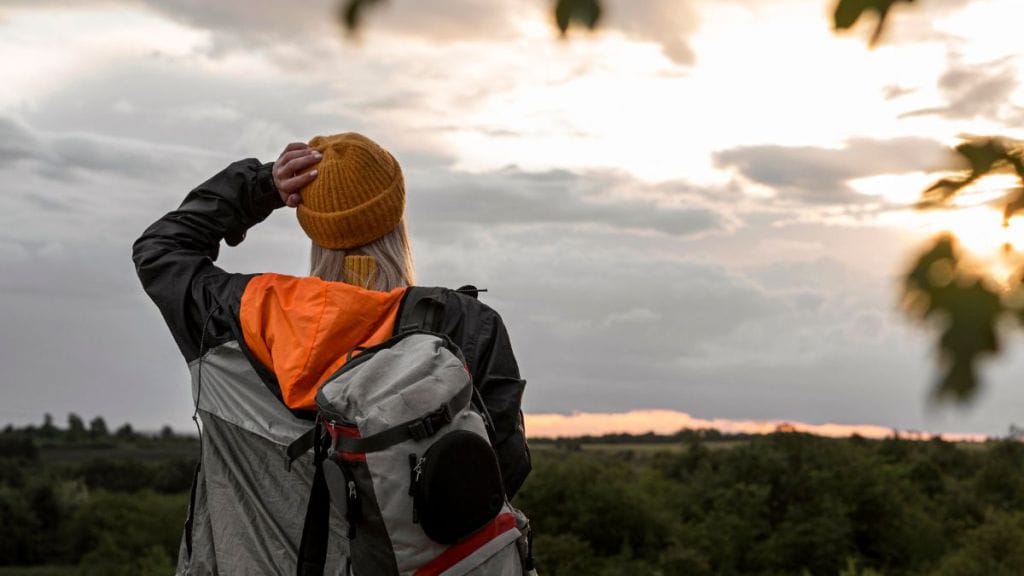Monsoon is a season that brings the chance to explore lush green landscapes, pleasant rains, and take that much needed getaway trip. From hill stations to coastal towns and bustling cities, it’s a great time to travel and unwind. But the rains also come with their own health challenges as viral infections, mosquito-borne diseases, gut health issues, and seasonal allergies increase during this period. Hence, if you’re travelling during monsoon, then you need to be extra cautious and carry a well-stocked travel immunity kit is a must.
“Monsoon travel exposes you to sudden weather changes, contaminated water, and mosquito-prone areas. This increases the risk of illnesses like cold, flu, typhoid, dengue, malaria, and gastrointestinal infections. Carrying an immunity kit acts as your first line of defense,” says Dr. Sanchayan Roy, Senior Consultant, Internal Medicine, Apollo Spectra Hospital, Delhi. So what should you carry in that travel immunity kit that will help you keep your health in check and monsoon diseases at bay?
Why an immunity kit matters
An immunity kit isn’t just a collection of medicines, it’s a safety net. It helps you prevent diseases, manage minor health issues on the go, and recover faster if you do fall sick. Especially when you’re exploring new places and trying local food, having essential supplements and medicines handy can make your trip much safer and enjoyable.
Supplements to carry while travelling
Carrying immunity-boosting supplements is a smart preventive step. Vitamin C can help strengthen your body against seasonal infections, and zinc supports faster recovery of your immune system. “Probiotics are also useful, particularly when you’re trying new foods, as they help maintain gut health and prevent digestive issues,” Dr. Roy explains.
Basic medicine kit
A basic medicine kit is essential, as it can be all you need if you happen to feel under the weather. “Paracetamol helps with fever and body aches, antihistamines tackle seasonal allergies, and antacids relieve indigestion or acidity. Oral Rehydration Solution (ORS) is important to prevent dehydration from diarrhoea or excessive sweating. Anti-diarrheal medication can help with sudden stomach upsets. Those following a prescribed medical routine should carry their full supply along with prescriptions,” he said.
Stay safe from mosquitoes
Monsoon is the peak season for mosquito-borne illnesses, hence taking precautionary measures is non-negotiable. Carry mosquito repellents with DEET or natural citronella, mosquito patches or bands, and even portable nets if staying in remote areas. Dr. Roy explains, “Preventing mosquito bites is crucial to avoid diseases like dengue and malaria, which can quickly ruin your trip.”
First aid essentials
A compact first aid kit should include adhesive bandages, wipes, cotton swabs, gauze pads, and small scissors or nail clippers. “Even minor cuts or scrapes can get infected in wet weather, so a basic kit is necessary for quick care,” Dr. Roy said.
Maintain hygiene while travelling
Maintaining hygiene while travelling can make a big difference. Hand sanitizers with at least 60 per cent alcohol, wet wipes, disposable masks, and small soaps or body wash can prevent infections. Quick-dry clothes and an extra pair of shoes or socks can help you stay comfortable and dry in damp weather.
Smart travel hacks to keep your health in check
While immunity kits are essential, they aren’t a replacement for healthy travel habits. Drink only boiled or bottled water, avoid raw street food from unhygienic places, rest adequately, and keep an eye on the weather to avoid getting stranded during heavy rains or floods.
“Even with a well-packed kit, your habits matter,” says Dr. Roy. “Simple steps like staying dry, washing hands frequently, and eating safely go a long way in keeping you healthy during monsoon travel,” he further added.
Monsoon travel can be fun and rejuvenating, but a little planning goes a long way. With a proper travel immunity kit and smart health habits, you can enjoy your trip.

